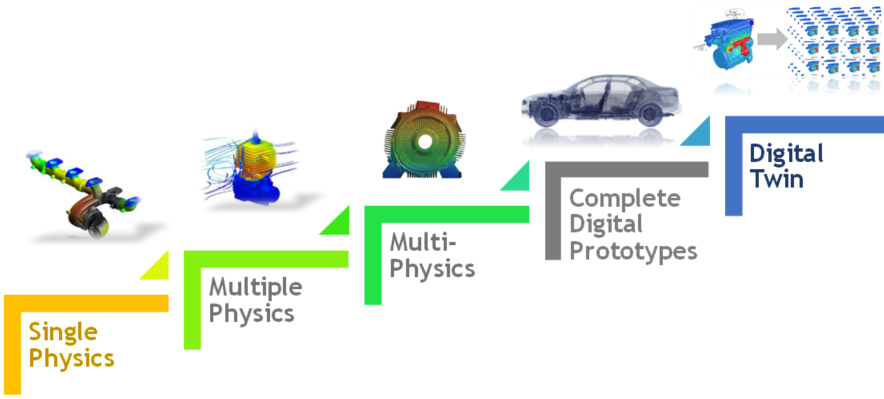For over 20 years, LEAP Australia has successfully supported the use of CAE software within the engineering and design community across Australia and New Zealand. LEAP’s broad customer base has included over 2000 companies, from some of the world’s large OEMs through to SMEs and startups, and ranging across industries from traditional high-tech leaders such as Aerospace and Automotive through to leaders in fields as diverse as Energy, Mining and Biomedical.
Regardless of the customer, we have identified a constant theme: demand for job-ready graduate engineers who are skilled in CAE software.
Many years ago, LEAP committed to fostering greater knowledge and understanding of CAE in academia, by firstly partnering with all leading universities in our region, and also by providing sponsorship to many student teams entering competitions such as Formula SAE, Solar Challenge, Unmanned Air Vehicle Challenge, Human Powered Vehicle and more.
LEAP is now taking the next step on this journey: today we are pleased to announce the launch of the LEAP Academic Portal. Providing self-guided tutorials and other learning resources across multiple physics, the portal is intended to arm all students with a comprehensive understanding of the capabilities of CAE simulation; to firstly help them with their engineering studies but also to prepare them for the new job market where companies expect graduates to conduct realistic, multi-disciplinary simulations of their products.
Register and log-in here: https://uni.leapaust.com.au
LEAP Technical Director and Academic Program Manager, Dr. Srini Bandla, observes that “Often students studying simulation at university learn how to solve single physics problems but lack exposure to the multiple physics that can be just as easily solved within the single simulation environment such as ANSYS, or how easily these solutions can be combined in a Multiphysics simulation approach. ANSYS simulation technology and computing power has and continues to advance at a rapid rate and allows for fast, accurate Multiphysics solutions that were previously not possible. Add to this the demand from companies to create Complete Digital Prototypes and begin to leverage real-world IoT data to develop Digital Twin models across their product lines, and the importance of engineers graduating with a broad understanding of the best-practice use of simulation becomes clear”.

The LEAP Academic portal is live now, so if you’re interested in expanding your engineering skill set and learning how you can use simulations in one of your current projects, or simply adding some relevant skills to your CV, we encourage you to log in and get started!







